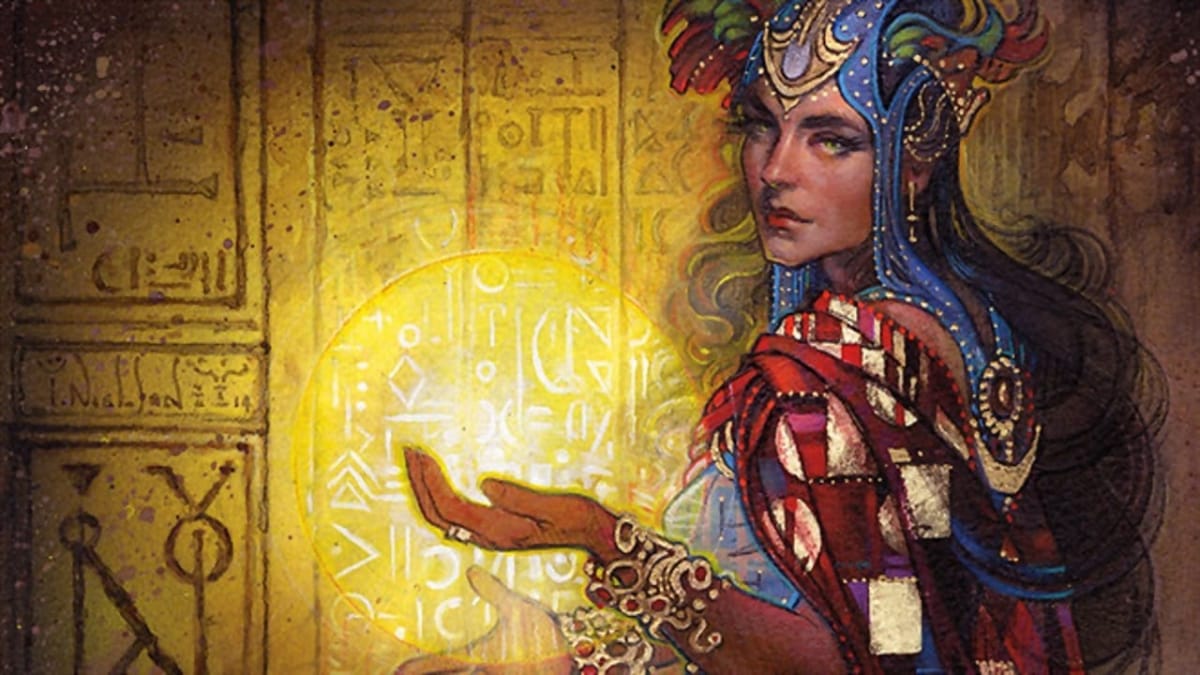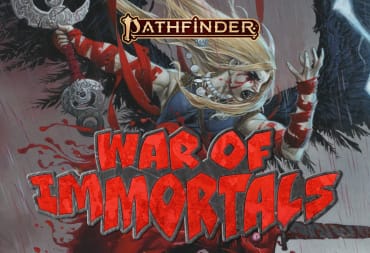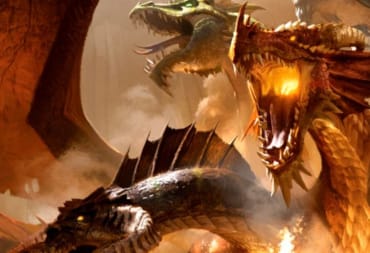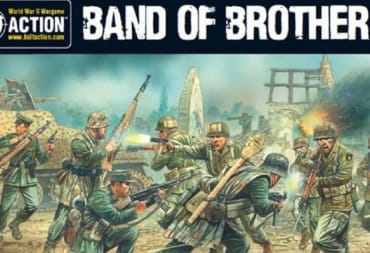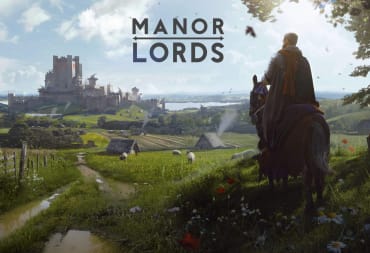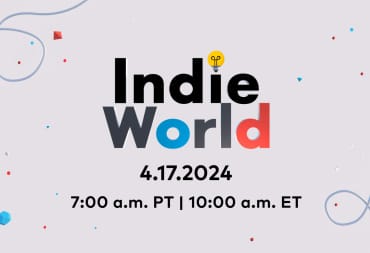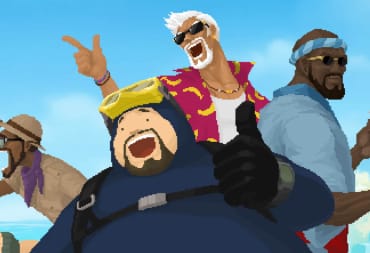It's quite easy to name off the Magic: The Gathering formats that are supported by Wizards of the Coast, but many players may not be aware that what is supported now hasn't always been the norm for Magic: The Gathering; formats come and go as problems arise and interest wains. Once upon a time, formats like Extended saw support from Wizards of the Coast before falling from favor and being replaced by newer, more interesting formats like Modern. Many players allege that Modern is beginning to suffer from issues big enough to cripple the format, and as such have turned to creating new, fan-supported formats - such as the focus of this editorial, Frontier - to reinvigorate not only the competitive scene, but local game store business as well.
To the casual Magic: The Gathering player, Hareruya and BigMagic may not be familiar names, but to the competitive player they're easily recognizable - especially in their home country of Japan, where they host multiple large-scale tournaments on a daily basis, across a variety of formats. Their popularity with Japanese Magic: The Gathering players and their familiarity with a number of formats gives them an interesting perspective into the inner workings of formats.
Founded on September 26, 2016, the Frontier format seeks to be a revitalization of the Modern format by using the same parameters that Modern does, but applied to historically recent Magic: The Gathering sets. Both Modern and Frontier are non-rotating formats - this means that unlike Standard, which has sets fazed in and out on a strict rotation schedule, no set will ever be fazed out of Modern or Frontier. The primary difference between Modern and Frontier is what sets that they begin from - Modern encompasses all Standard-legal sets printed from Core Set Eighth Edition onward, while Frontier begins with the Magic: The Gathering 2015 Core Set. The sets that are, at the time of writing this article, currently legal in Frontier include the following:
- Magic: The Gathering 2015 Core Set
- Khans of Tarkir
- Fate Reforged
- Dragons of Tarkir
- Magic Origins
- Battle for Zendikar
- Oath of the Gatewatch
- Shadows Over Innistrad
- Eldritch Moon
- Kaladesh
Magic: The Gathering - Modern concerns and Frontier positives
There are three primary concerns with Modern that have led to the creation of the Frontier format, the first of which is the entry cost to play. Many of the top performing decks require hundreds of dollars to purchase, sometimes upward of a thousand dollars, and to new players who are used to Standard deck prices and don't have the collection that enfranchised players have the cost to play looks extremely disheartening. Here are some typical examples of Tier 1 Modern decks and how much they cost to build at the time of writing this article.- Jund: $1,841.79
- Abzan Midrange: $1,730.22
- Bant Eldrazi: $936.61
- Infect: $814.29
- Naya Burn: $753.46
- Affinity: $672.91
- Dredge: $485.24

The least expensive of these decks is Dredge, which still costs nearly half a thousand dollars to purchase in paper. In comparison, while Frontier doesn't have a defined metagame to warrant tier separation just yet, the most expensive Frontier user submitted decks on MTGGoldfish are all (with one exception) much cheaper than Dredge at the time of writing this article. For players who don't want to, or can't afford to, spend close to a thousand dollars or more on Magic: The Gathering cards, Frontier poses a cheaper alternative while still retaining the feeling of Modern.
Supporting Frontier over Modern also positively benefits local game stores by allowing them to store more stock of format staples, without having to worry about their money being tied up in product that doesn't move. If Frontier is cheaper to buy into than Modern, then that allows local game stores to buy and sell more singles on a more frequent basis, without the risk of having the singles sit in a case untouched for long periods of time.
The second concern players have with Modern is interrelated with the cost of premier Tier 1 decks; many Modern staples are from sets which were printed years ago, or have had limited reprintings in core sets and supplemental produce. The artificial scarcity of these cards leads to inflated prices, and Wizards of the Coast has shown limited interest in reprinting many of these staples outside of supplemental product such as the Modern Masters product. Meanwhile, all of the sets currently in Frontier were a part of Standard as recently as one year ago, meaning most players should still have access to cheap, plentiful copies of some of the most-used Frontier cards.
Finally, Frontier addresses the disconnect between Standard and Modern. Due to changes in design philosophy over recent years, the strength of Magic: The Gathering sets has declined, with Wizards of the Coast refusing to print once-common mechanics and abilities due to fears that it could result in a Standard that isn't fun to play. The end result is that very, very few cards from Standard make it into Modern unless they're incredibly strong or otherwise broken - Frontier, however, allows for those cards to have new use outside of Standard.
Magic: The Gathering - Frontier concerns and Modern positives
There are four main issues with Frontier, the first two of which are somewhat tautological in nature. Firstly, Frontier can only be played in paper, not on the digital Magic: The Gathering Online client, as the format has no official support from Wizards of the Coast. This means that the growth of the format depends entirely on your local game store's interest - if there's no one willing to play then that means you simply don't get to play, and the format doesn't take off. In comparison, Modern is thriving both online and in local game stores, and runs no risk of dying out from lack of attention. The lack of an online platform to play the format in also means that the potential Frontier meta will be very slow to form, and changes will be relegated to a local level, with slow feedback and answers to oppressive decks.
The second main issue with Frontier has to do with the strength of the format, and the variety of decks encountered within. As mentioned above, the strength of Standard-legal sets has been on a slow decline over the last few years, with the end result being that recent sets pale in comparison to older sets. Many players enjoy playing Modern (and Legacy and Vintage as well) for the strength of cards and interactions between players, and as a result there is worry that the format won't interest them enough to play in it over Modern. Additionally, there isn't much diversity in deck archetypes - Standard has, of late, tended towards either Aggro decks or Control-Aggro (Midrange), with little room for other variants. While Modern's Tier 1 tends to be overrun with very linear Aggro decks, there is also room at the local level for innovative decks in other archetypes. This isn't the case with Standard, and as Frontier draws from recent Standard sets, it stands to reason that the same issues will pervade Frontier.
Another issue lies with the entry cost to play; right now, Frontier is cheaper to play in that Modern, but as Frontier also experiences no rotation it is possible that with time, deck prices may rise to the same level as those of Modern. While plenty of card stock exists right now, new players and speculators will eventually drive staple prices up, which will affect the format as a whole.
Finally, as noted by Channel Fireball writer Brian DeMars in his recent OpEd piece "What's the Matter with Standard?", Standard format attendance has been steadily dropping ever since Battle for Zendikar, which has also coincided with a rise in Modern event attendance as players turn to that format. Frontier runs the risk of not only providing an alternative to Modern if it receives official support from Wizards of the Coast, but Standard as well - after all, why bother playing in a format that has limited attendance if there's another that is essentially the same, but with more people playing? As Standard is Wizards of the Coast's primary format and one their biggest money earners, they may be reluctant to give support to a format that could take away from that profit.
Only time will tell if Frontier has any lasting effect and rises to the same level of respectability as the formats officially supported by Wizards of the Coast, or if it will join the multitude of other fan-made Magic: The Gathering formats that crashed and burned.
Stay tuned to TechRaptor for more information on the Frontier format and all things Magic: The Gathering.
What are your thoughts on the Frontier format? Do you think it addresses any of the concerns players have with the Modern format? Let us know in the comment section below.
Have a tip, or want to point out something we missed? Leave a Comment or e-mail us at tips@techraptor.net
